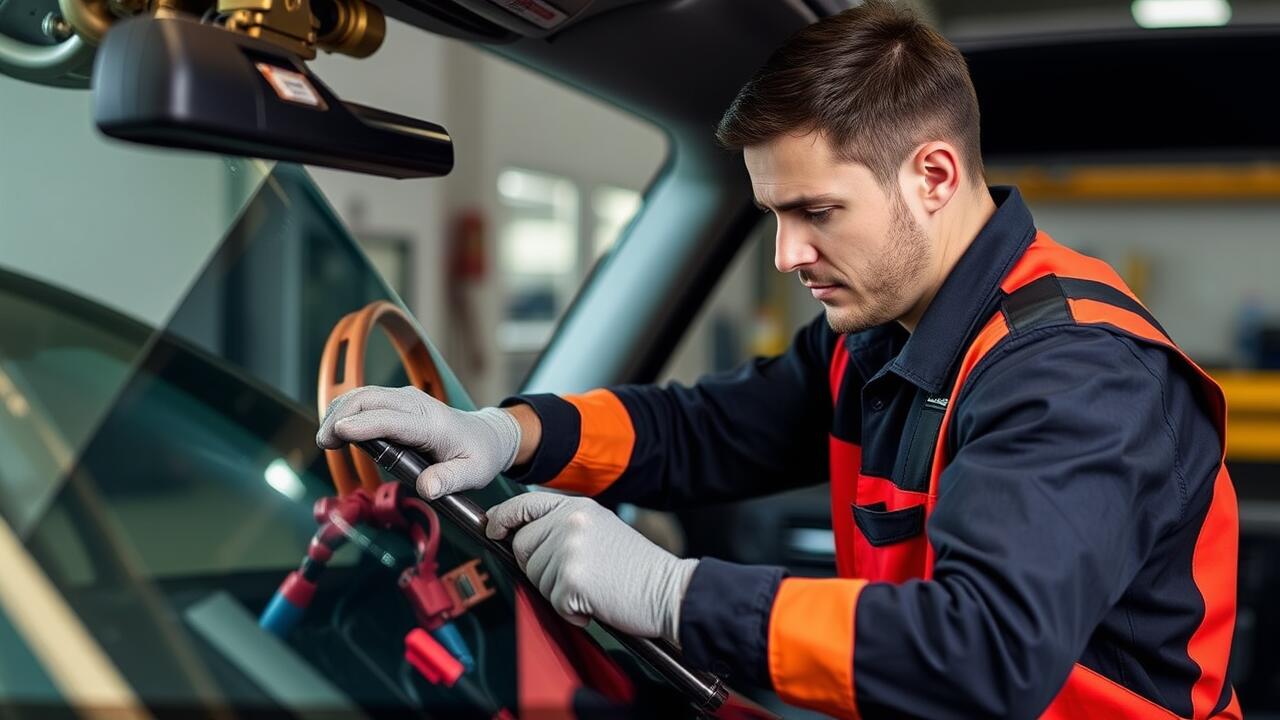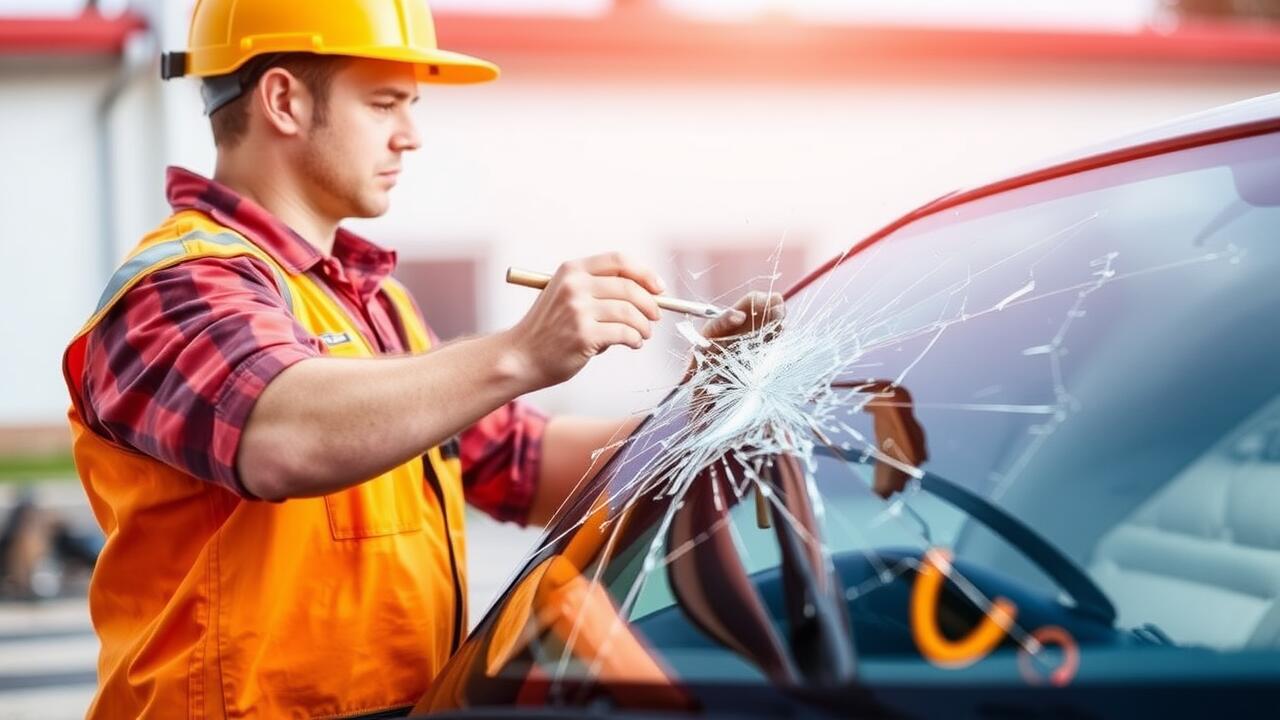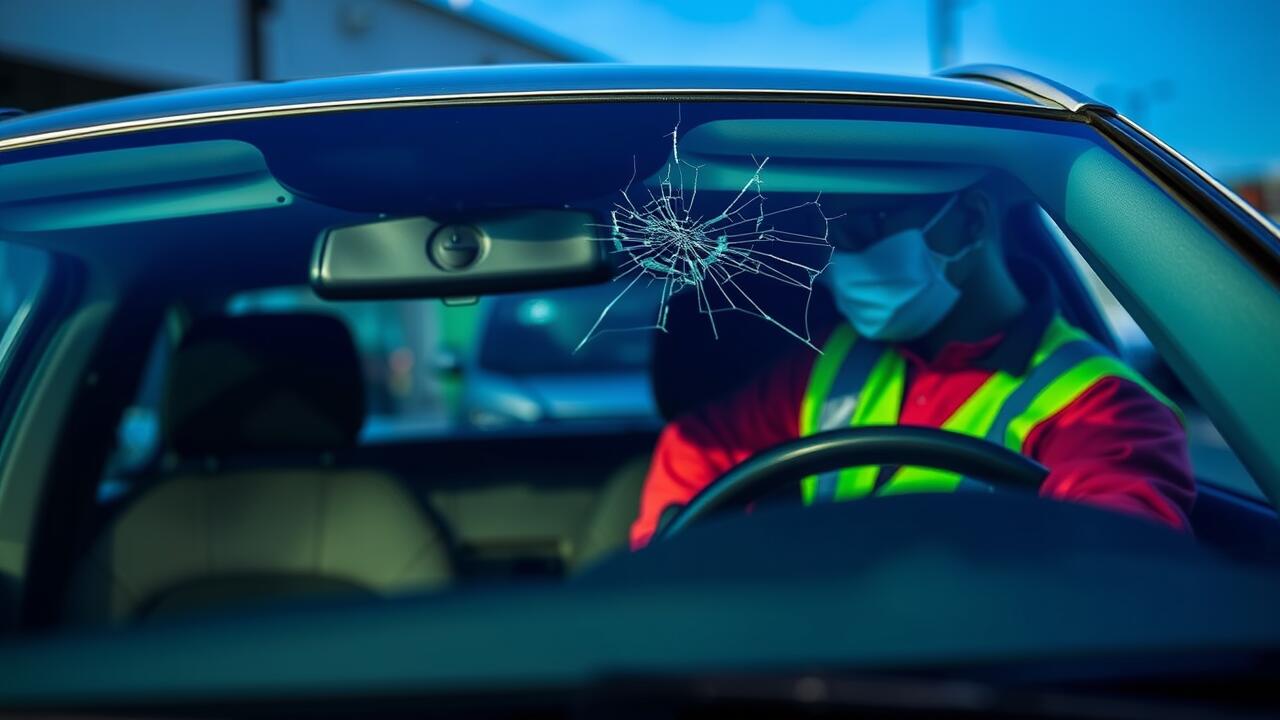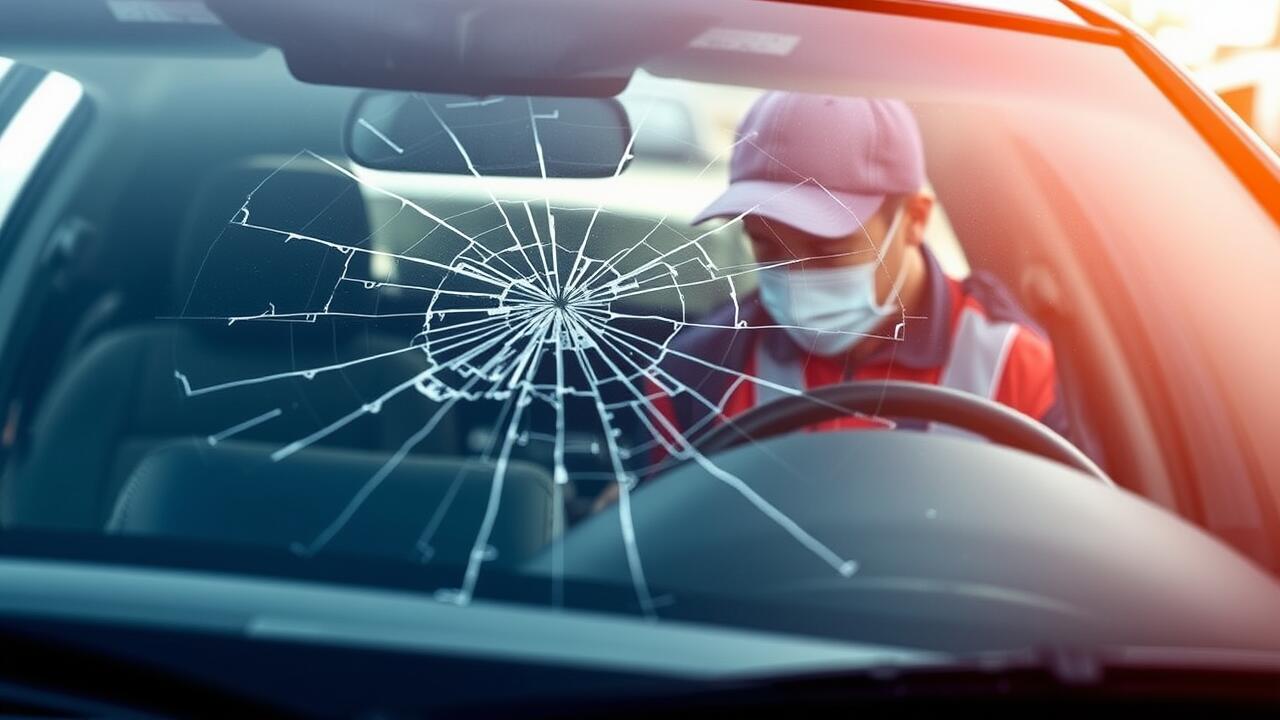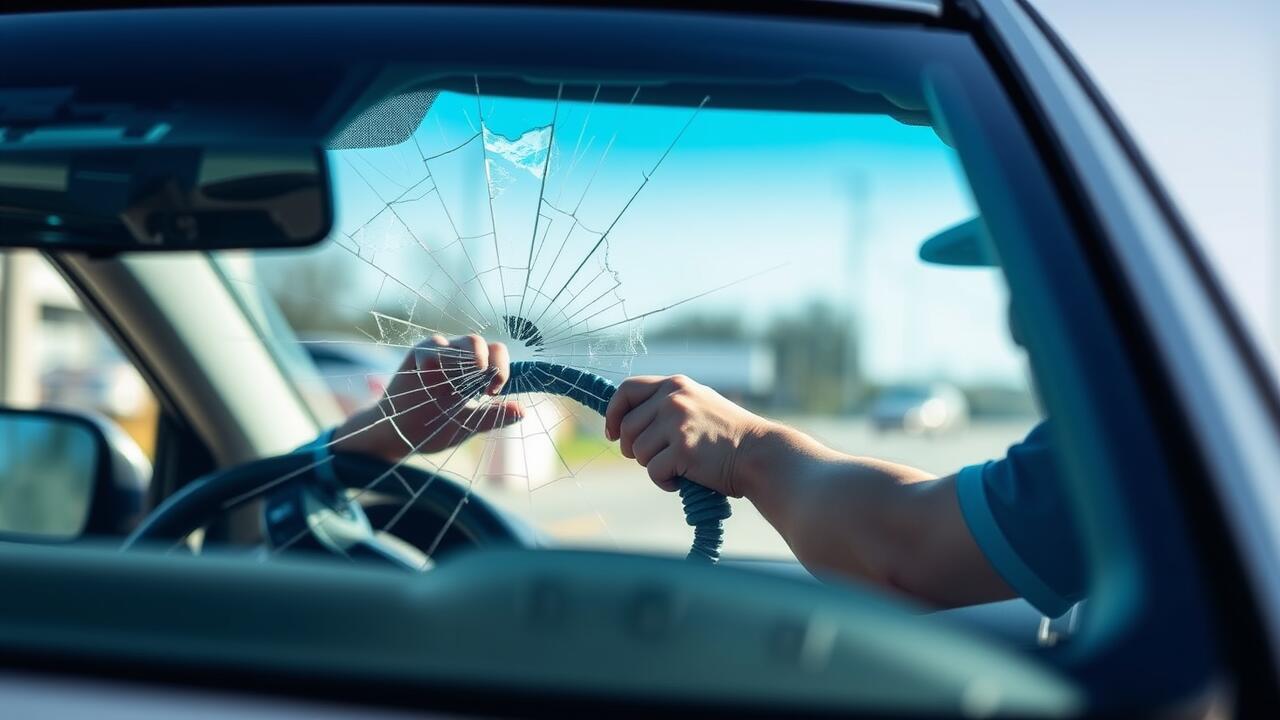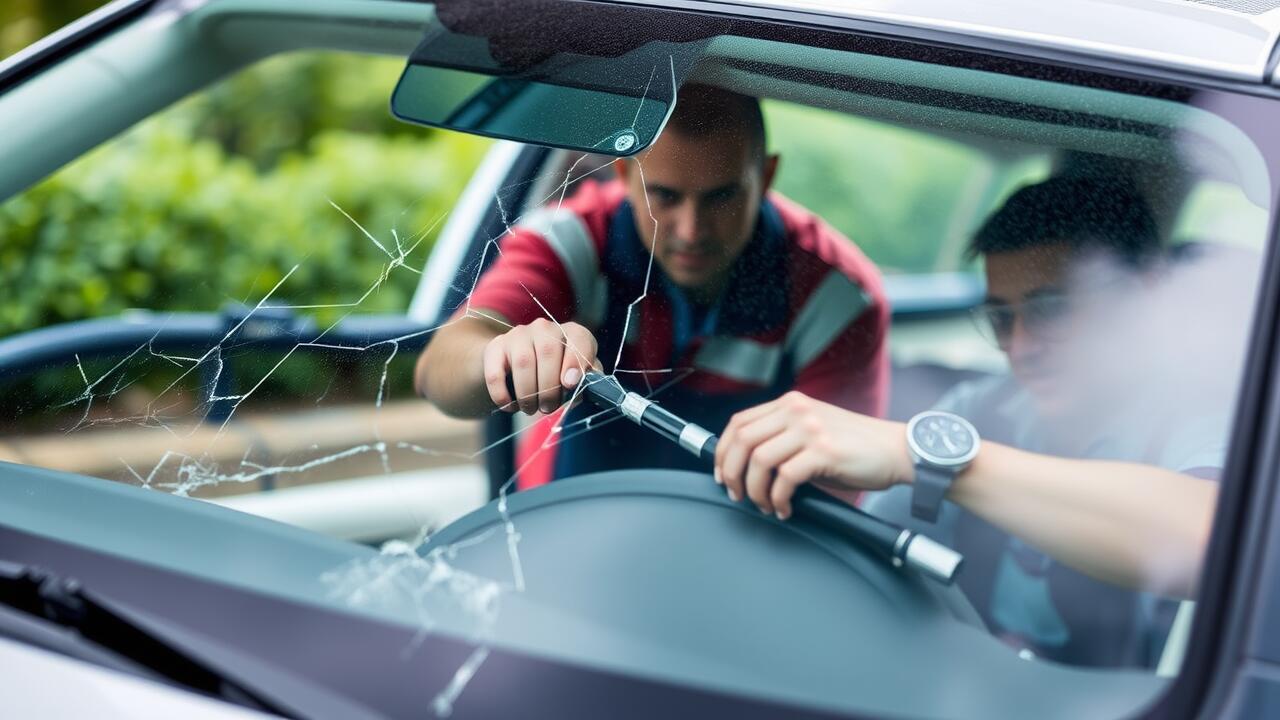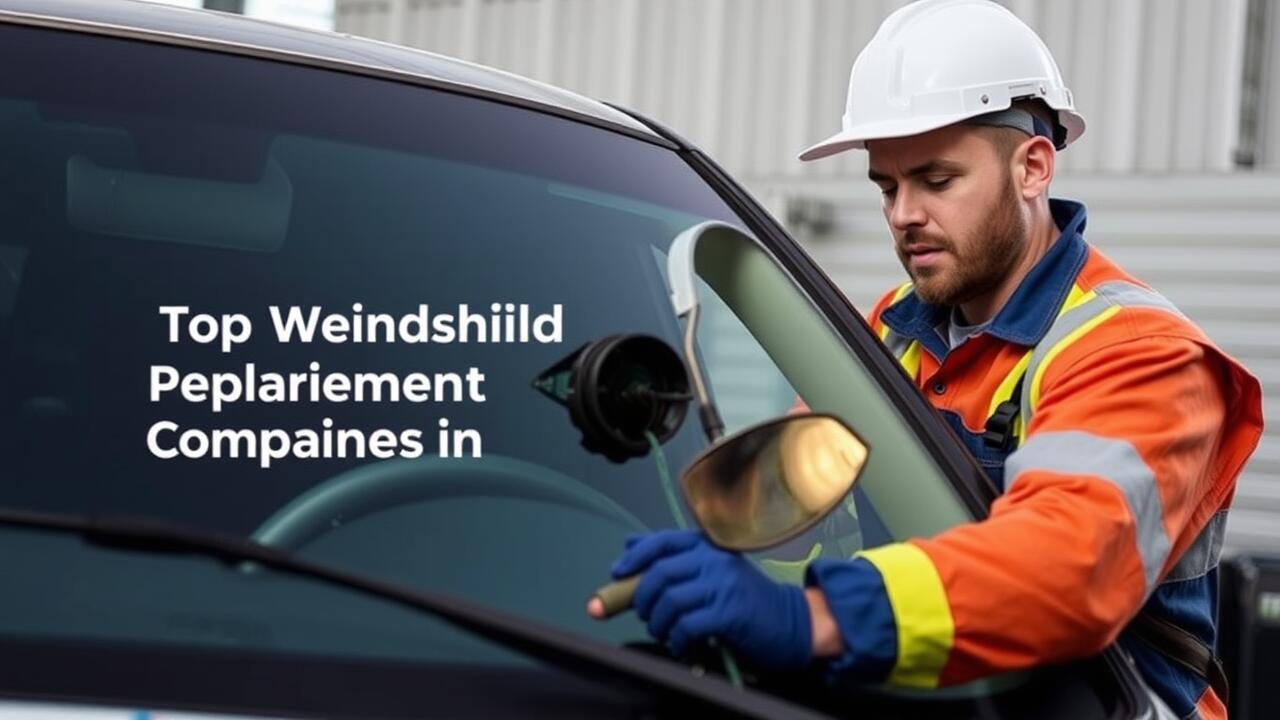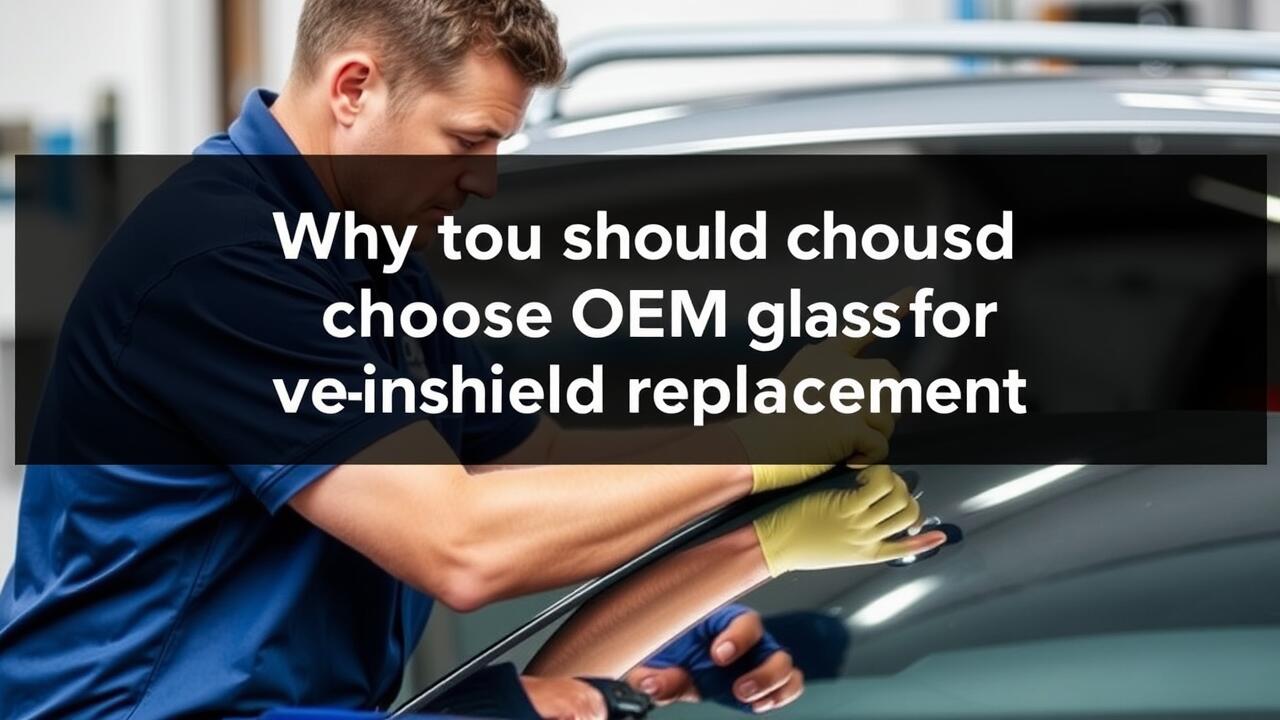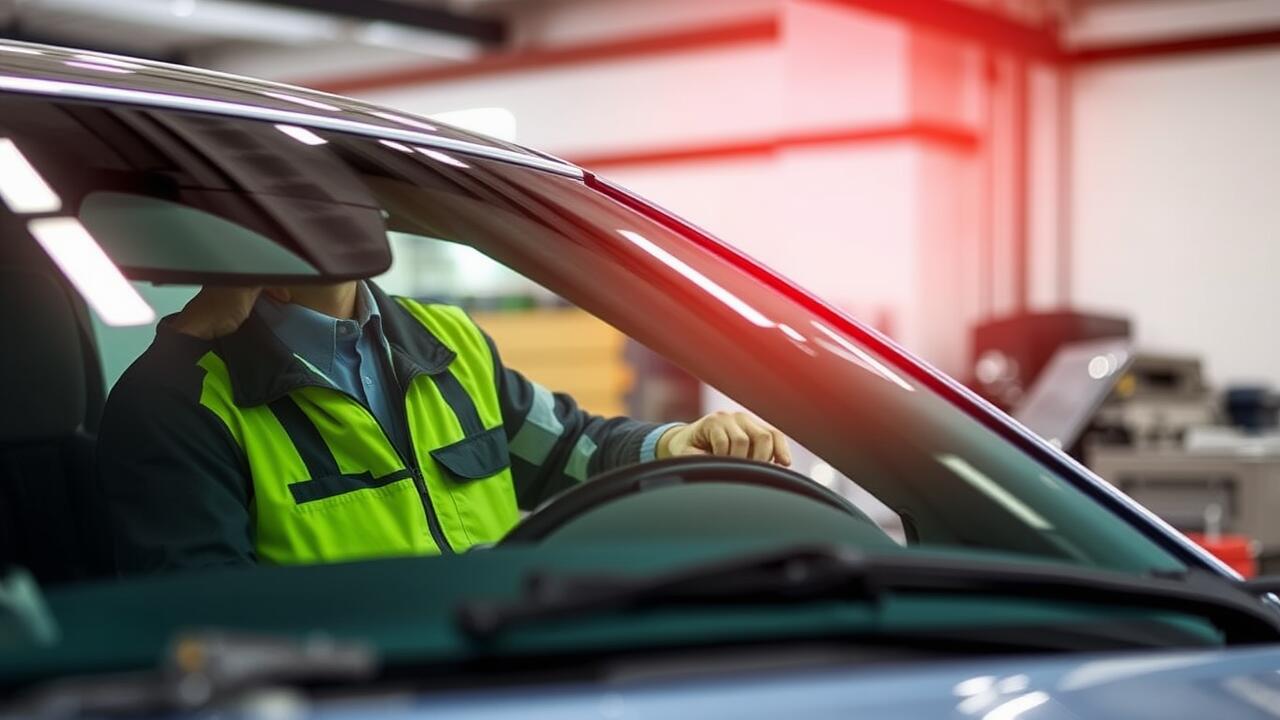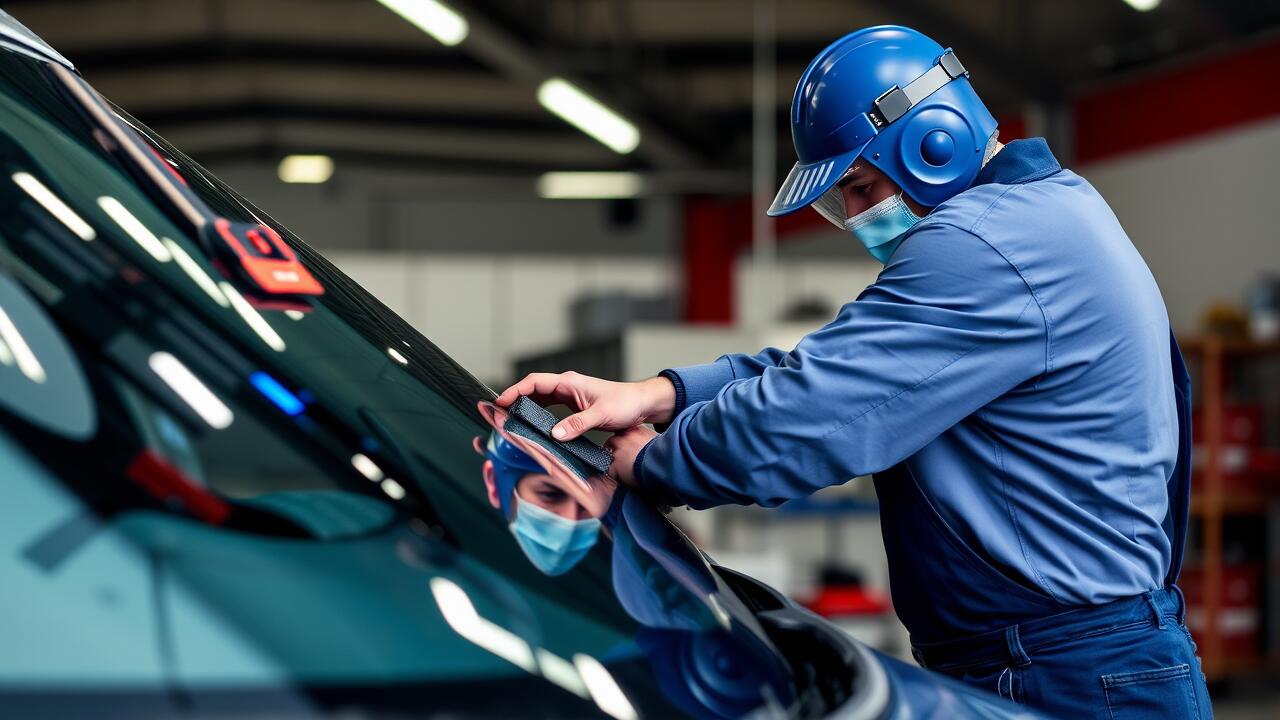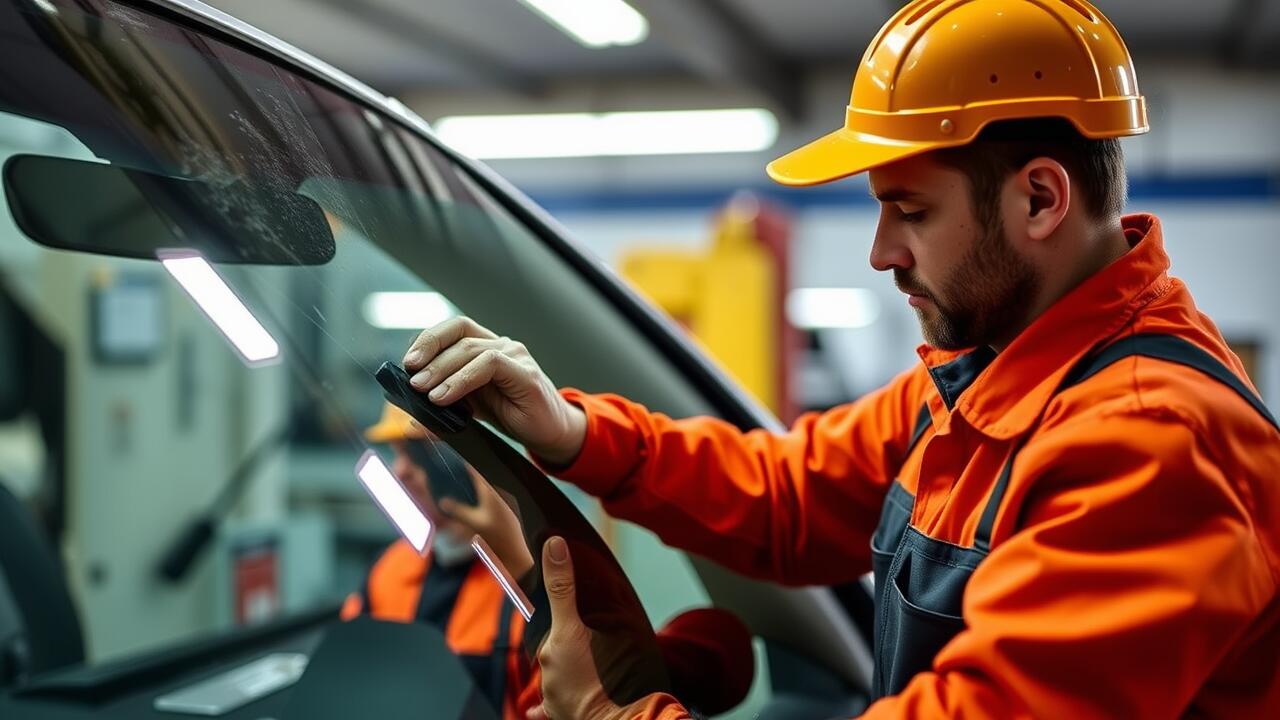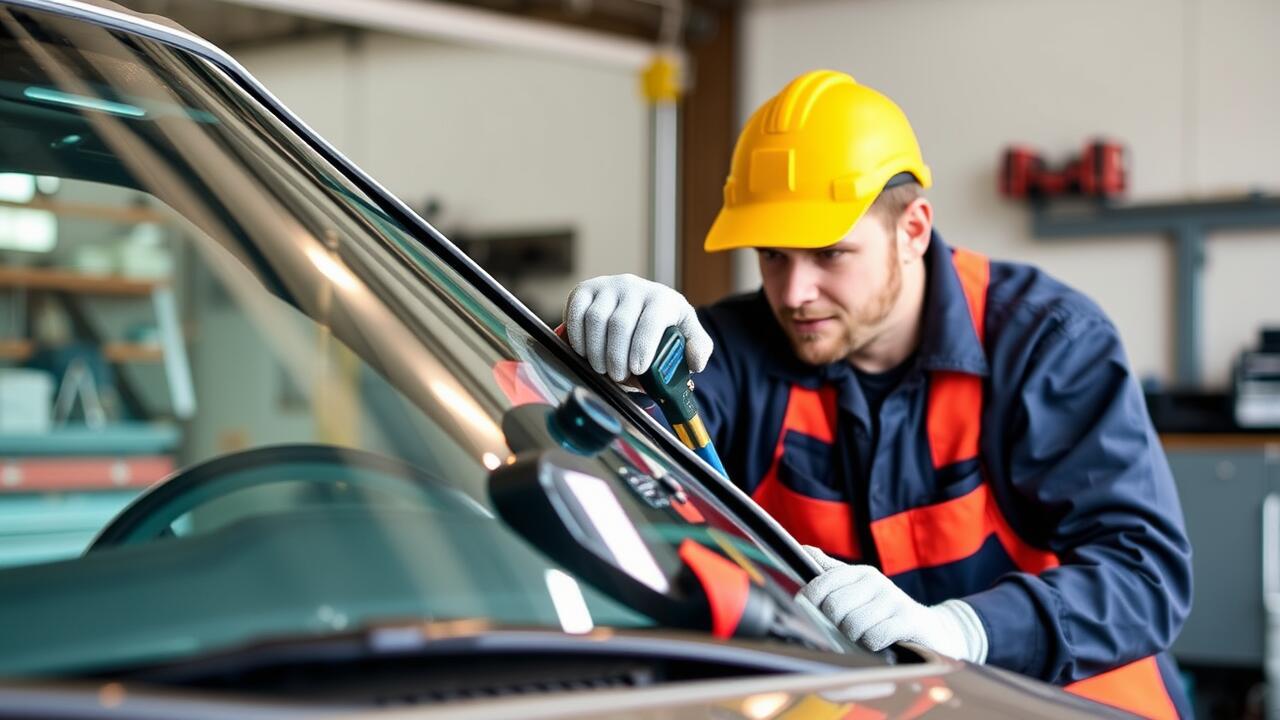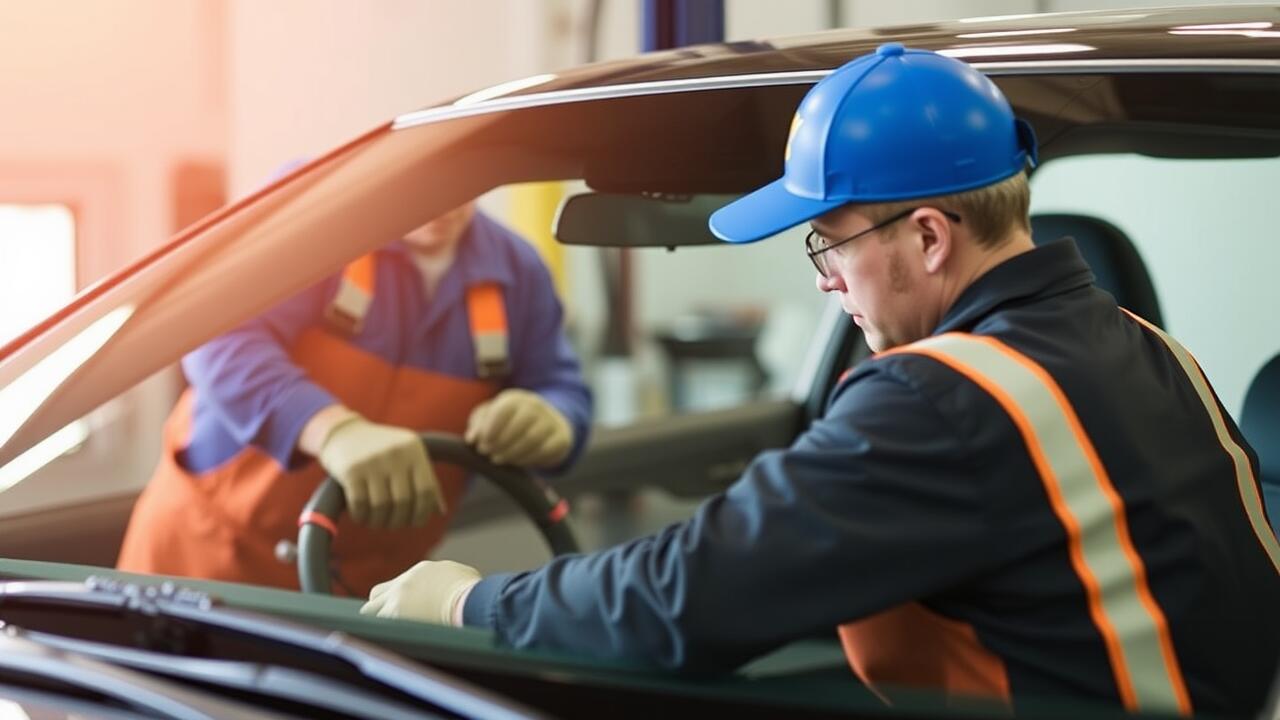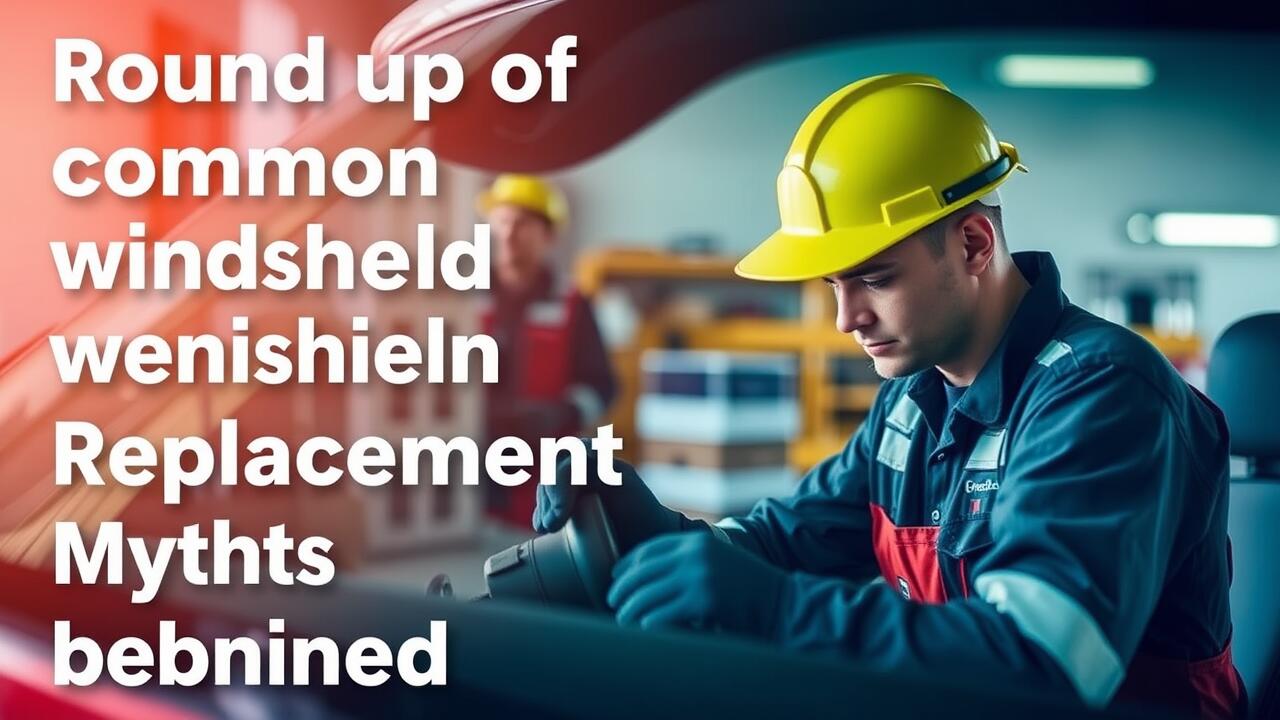
Table Of Contents
Impact Resistance and Durability
The quality of a car's windshield largely determines its impact resistance and durability, critical factors for vehicle safety. Windshields are generally made from laminated glass, which consists of two layers of glass with a layer of plastic in between. This design prevents shattering upon impact, helping to protect passengers during accidents. However, not all windshields meet the same safety standards, with variations in the thickness of the glass and quality of materials affecting their overall resilience.
In the event of damage, Windshield Replacement becomes paramount not only for restoring visibility but also for maintaining structural integrity. An inferior replacement might compromise safety as it may crack more easily or fail to provide the necessary protection during collisions. Therefore, understanding the quality of the windshield and ensuring proper replacement procedures are essential steps in safeguarding occupants while driving.
Testing for Strength and Resilience
Testing for strength and resilience in car windshields is crucial to ensure they can withstand various impacts. Manufacturers typically use rigorous standards to evaluate the materials. Testing methods often include subjecting windshields to impact tests that measure how well they absorb force and resist shattering. These assessments help gauge how windshields perform in real-world scenarios, providing insights about their durability under stress.
The results from these tests influence important decisions related to windshield replacement. Quality windshields are designed to offer maximum protection while maintaining clarity and structural integrity. Consumers looking to replace a windshield should consider products that have undergone comprehensive testing to guarantee they are investing in a reliable and safe option for their vehicles.
The Importance of Proper Installation
Proper installation of a windshield is crucial for ensuring its performance and longevity. A poorly fitted windshield can lead to water leaks, wind noise, and even compromised structural integrity of the vehicle. It is essential that the adhesive used in the installation process is of high quality and cured correctly to provide the necessary bonding strength. Additionally, specific techniques must be employed during the installation to avoid creating stress points that could lead to cracks or other damage.
When considering windshield replacement, choosing a qualified professional becomes imperative. Look for experts who use the right tools and techniques to secure the glass effectively. A well-installed windshield contributes not only to the safety of passengers but also to the overall aerodynamics of the vehicle. Investing time and effort into proper installation pays off in performance and driving comfort.
How Installation Affects Performance
Proper installation plays a critical role in the overall performance of a windshield. When a windshield is replaced, ensuring a correct fit and secure seal is essential for maintaining structural integrity. An improperly installed windshield can lead to issues such as leaks, increased noise, and reduced visibility. Windshield Replacement requires a meticulous approach, as even minor misalignments can compromise safety features like airbags and crumple zones.
In addition to safety concerns, the quality of the adhesive used during Windshield Replacement significantly impacts durability. A strong adhesive bond ensures that the windshield remains firmly in place under various driving conditions, including collisions and adverse weather. Professionals who specialise in installation are trained to utilise the right materials and techniques, reducing the risk of future problems and enhancing the performance of the vehicle overall.
Replacement Options
When it comes to windshield replacement, car owners have two main options to consider: Original Equipment Manufacturer (OEM) products and aftermarket alternatives. OEM windshields are made by the same manufacturers that produced the original glass installed in the vehicle. These options often guarantee a precise fit and adherence to safety standards, ensuring that they maintain the vehicle's structural integrity. The quality assurance tied to OEM components can provide peace of mind, particularly for those prioritising safety and reliability.
On the other hand, aftermarket windshields can present a more budget-friendly solution. These are produced by various manufacturers outside of the vehicle's original maker. While many aftermarket options meet safety regulations, there can be significant variations in quality. Some products may not match the clarity or durability of OEM glass. It's essential for car owners to research the reputation of aftermarket suppliers thoroughly to avoid potential issues with fit and performance during windshield replacement.
Original Equipment Manufacturer (OEM) vs. Aftermarket
When it comes to windshield replacement, the choice between Original Equipment Manufacturer (OEM) parts and aftermarket alternatives is crucial. OEM windshields are produced by the same manufacturer that supplied the original glass installed in the vehicle. This means that they meet the same standards for fit and performance, ensuring that the vehicle's safety features operate as intended. Many vehicle owners prefer OEM options for their reliability and adherence to manufacturer specifications.
On the other hand, aftermarket windshields often come at a lower price point, making them an attractive option for budget-conscious consumers. These products can vary significantly in quality, as they are made by different manufacturers who may not adhere to the same stringent standards. While some aftermarket options perform adequately, others may lack the durability or optical clarity of OEM glass. This variability can impact safety and long-term performance, making it essential to research brands and products when considering windshield replacement.
FAQS
Are all car windshields made from the same materials?
No, car windshields can be made from different types of glass, such as laminated glass or tempered glass, which can affect their quality and performance.
How does impact resistance differ between windshields?
Impact resistance can vary based on the manufacturing standards and materials used. Higher-quality windshields often undergo rigorous testing to ensure they can withstand impacts from debris and accidents.
What role does installation play in windshield performance?
Proper installation is crucial as it ensures a tight seal and correct positioning, which can affect the windshield's structural integrity and its ability to protect occupants during an accident.
What are the differences between OEM and aftermarket windshields?
OEM windshields are manufactured by the same company that made the original windshield for the vehicle, ensuring a perfect fit and quality, while aftermarket windshields may vary in quality and may not always meet the same standards.
How can I ensure I get a high-quality windshield replacement?
To ensure a high-quality replacement, choose a reputable technician, inquire about the materials used, and consider whether you want an OEM or aftermarket windshield based on your needs and budget.
